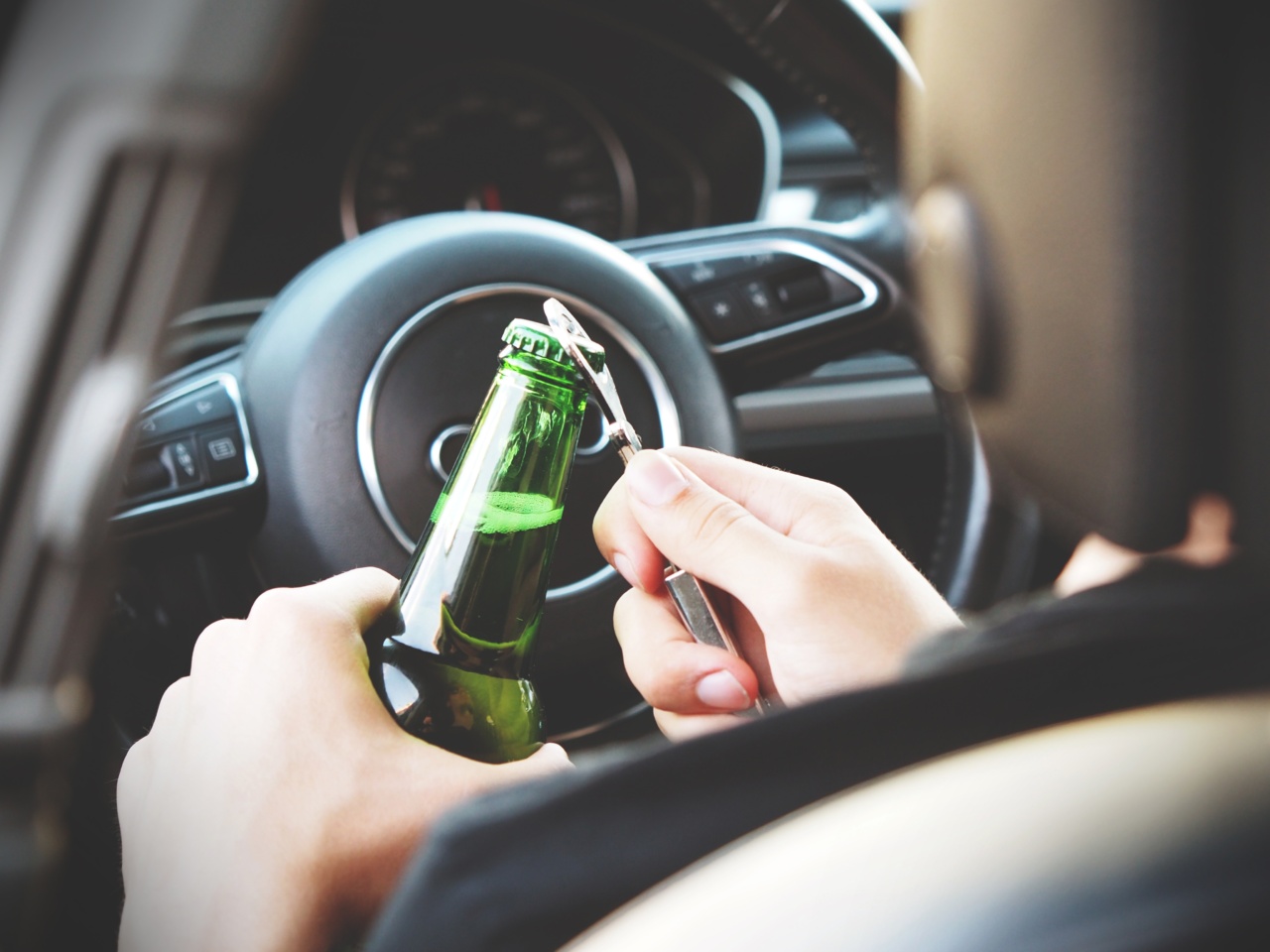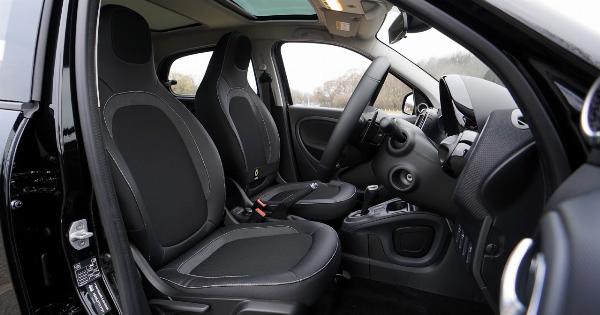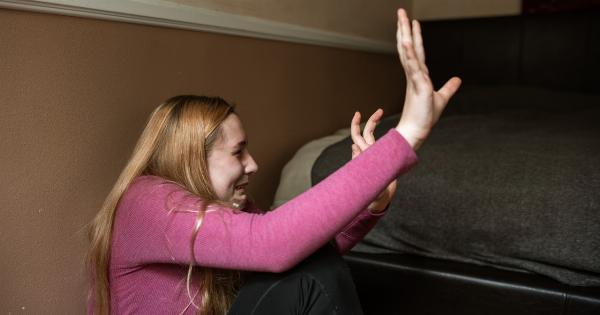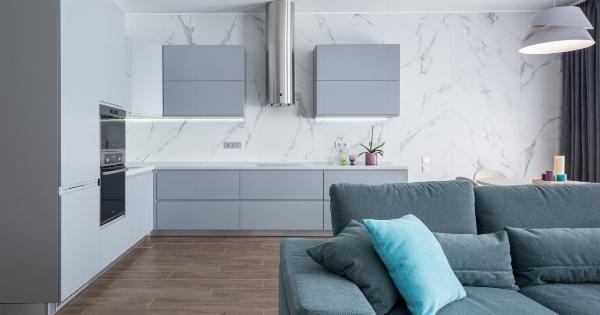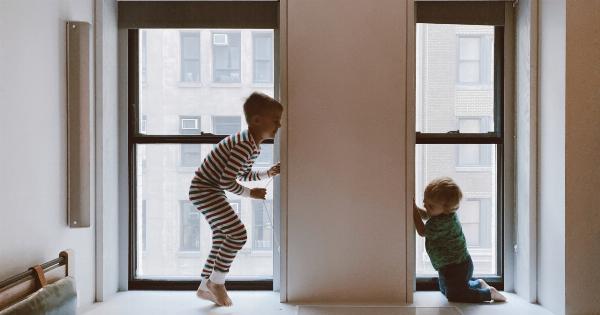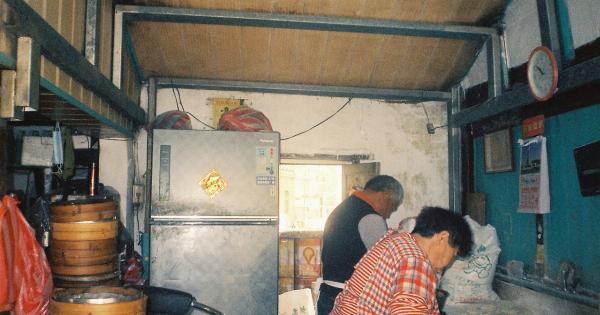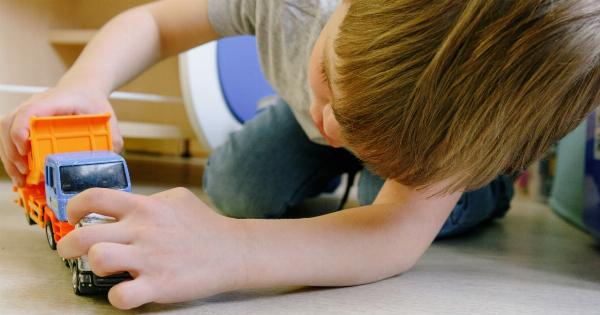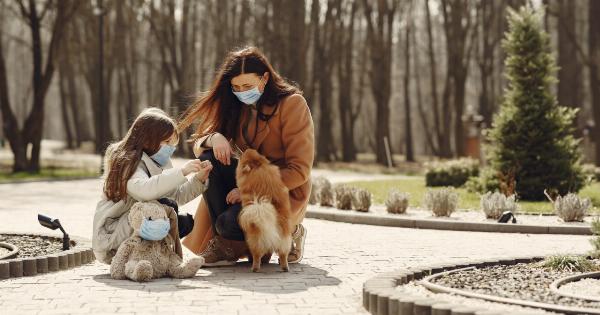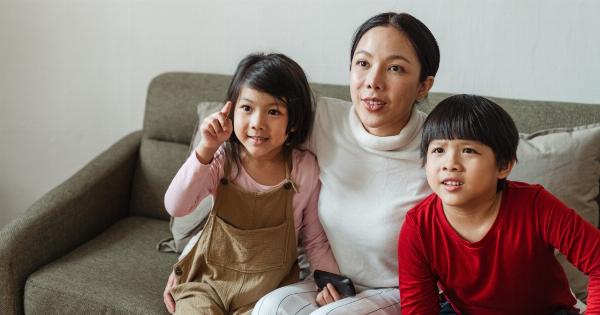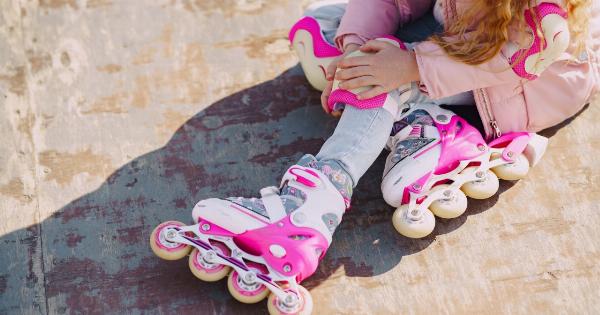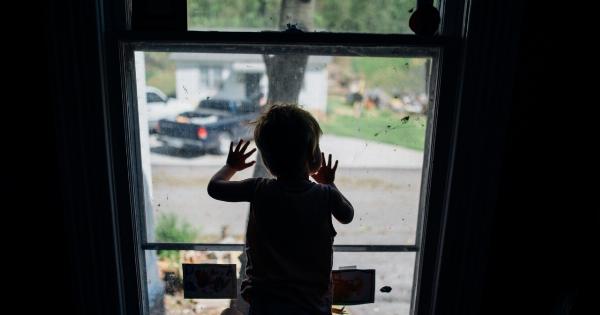As parents, we are always looking for ways to make our children as comfortable as possible. When we are on a long road trip or just running errands around town, it can be tempting to let our little ones fall asleep in their car seat.
However, this may not be the best option for their safety and health.
What are the dangers of sleeping in a car seat?
There are several potential dangers associated with letting a child sleep in a car seat:.
1. Airway obstruction
The most serious risk associated with sleeping in a car seat is airway obstruction. If a child’s head falls forward or to the side, they may be unable to breathe properly.
This can happen because a young child’s neck muscles are not strong enough to hold their head up properly. It can also happen if a child is positioned improperly in their seat.
2. Overheating
Car seats are designed to keep children safe in the event of a crash, but they can also make children uncomfortably warm. This is especially true if the car is parked in the sun or if the child is wearing too many layers.
Overheating can be dangerous, particularly for young babies who are unable to regulate their body temperature as well as older children and adults.
3. Incorrect angle
In order for a car seat to function properly, it needs to be positioned at the correct angle. If a child falls asleep in a car seat and slouches forward or to the side, the angle of the seat may no longer be correct.
This can increase the risk of injury in the event of a crash.
4. Impact injuries
If a child is sleeping in a car seat and the car is involved in a crash, they may be at risk for impact injuries. This is because their head and neck may be thrown forward or to the side, potentially causing serious injury.
5. Muscle and joint problems
Sleeping for extended periods of time in any position can cause muscle and joint problems. Children who sleep in car seats frequently may be at risk for developing issues with their neck, back, and hips.
This is because car seats are not designed for sleeping, and do not provide the same support as a bed or other surface.
What can parents do to keep their children safe?
There are several things that parents can do to keep their children safe when they are in a car seat:.
1. Follow the manufacturer’s instructions
Make sure that you are using the car seat properly, and that your child is positioned correctly in the seat. Always follow the manufacturer’s instructions and guidelines for use.
2. Stop and check on your child frequently
If you are on a long road trip, make sure to stop and check on your child frequently. This will give them a chance to stretch their legs, and will also allow you to make sure that they are still positioned correctly in their car seat.
3. Avoid dressing your child in too many layers
If you are concerned about your child getting cold in their car seat, avoid dressing them in too many layers. This can lead to overheating, which can be dangerous.
4. Limit the amount of time your child spends in their car seat
Try to limit the amount of time that your child spends in their car seat as much as possible. If you are running errands around town, try to plan your route so that you can take your child out of the car seat every hour or so.
5. Avoid letting your child sleep in their car seat
Avoid letting your child sleep in their car seat whenever possible. If you are on a long road trip and your child falls asleep in their seat, try to transfer them to a different sleeping surface as soon as possible.
Conclusion
While it may be tempting to let your child sleep in their car seat, it is important to recognize the potential dangers associated with this practice.
Airway obstruction, overheating, incorrect angle, impact injuries, and muscle and joint problems are all possible risks.
By following the manufacturer’s instructions, stopping and checking on your child frequently, avoiding dressing your child in too many layers, limiting the amount of time your child spends in their car seat, and avoiding letting your child sleep in their car seat, you can help keep your child safe and healthy.
